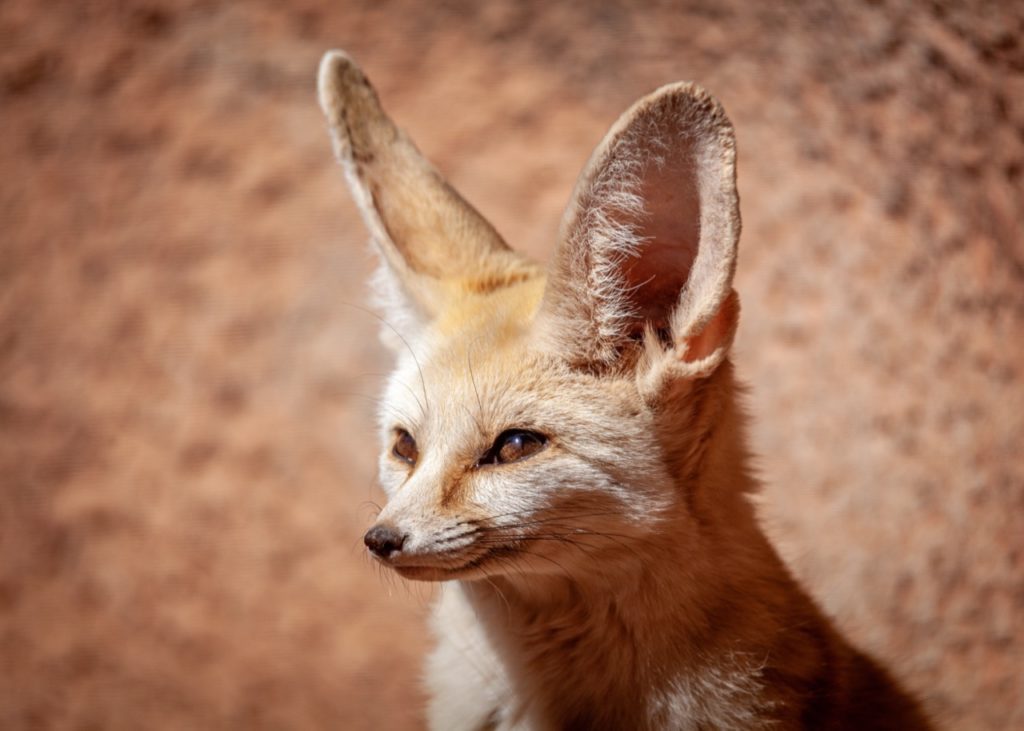What is a Fennec Fox?
Fennec foxes are small desert-dwelling mammals known for their large ears and adorable appearance. They are the smallest species of fox and can weigh up to 1.5kg (3.5 pounds). Fennec foxes are nocturnal and live in burrows, they are omnivores and eat various foods such as insects, fruits, and small mammals. They are native to the deserts of North Africa and the Sinai Peninsula. They are also kept as pets, but it’s important to note that they are wild animals, and proper care and knowledge are necessary to provide them with a good quality of life.
Keeping a fennec fox as a pet can be a rewarding experience, but it’s important to do your research and make sure you’re prepared for the commitment. Fennec foxes are wild animals and require specific care to thrive.
Can I Keep One?
First, it’s important to consider the laws in your area. In some provinces and countries, it may be illegal to own a fennec fox as a pet. It’s also important to note that owning a fennec fox may be restricted by your homeowner’s association or rental agreement. Be sure to check local laws and regulations before bringing a fennec fox into your home.

Space
Next, consider the space requirements for a fennec fox. These small desert-dwelling mammals require a large cage or indoor-outdoor enclosure with plenty of room to run and play. They also need a hiding spot or burrow and access to fresh food and water at all times.
Habits
Fennec foxes are nocturnal animals, and their activity levels will be highest at night. This means that they may make noise and be active during the night hours. It’s important to consider if this will be disruptive to your household or neighbours before getting a fennec fox.
Diet
Fennec foxes are omnivorous and can eat various foods including insects, fruits and vegetables, and small mammals. It’s essential to provide a well-balanced diet to meet their nutritional needs. They also require regular veterinary check-ups and may need special care from a veterinarian experienced in exotic animals.

Fennec foxes can be affectionate pets, but it’s important to remember that they are wild animals and may have a strong prey drive. They may not be suitable for households with other pets.
In conclusion, keeping a fennec fox as a pet can be a rewarding experience, but it requires a lot of dedication, research, and proper care to provide them with a good quality of life. If you’re considering a fennec fox as a pet, it’s important to carefully research their care requirements and make sure you are ready to provide for them for their entire life. Laws, space, dietary needs, veterinary care and socialization should be considered before making a decision.
